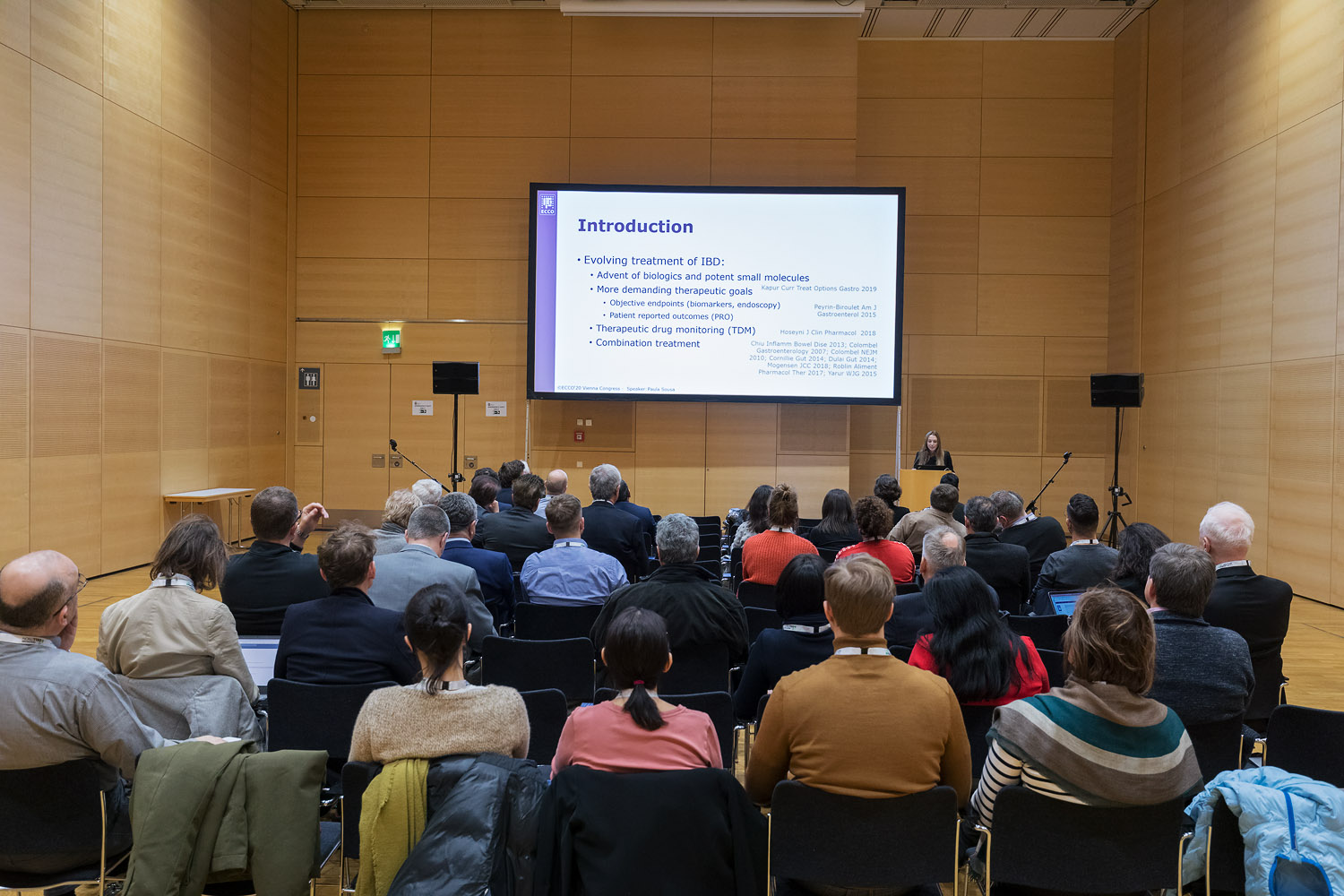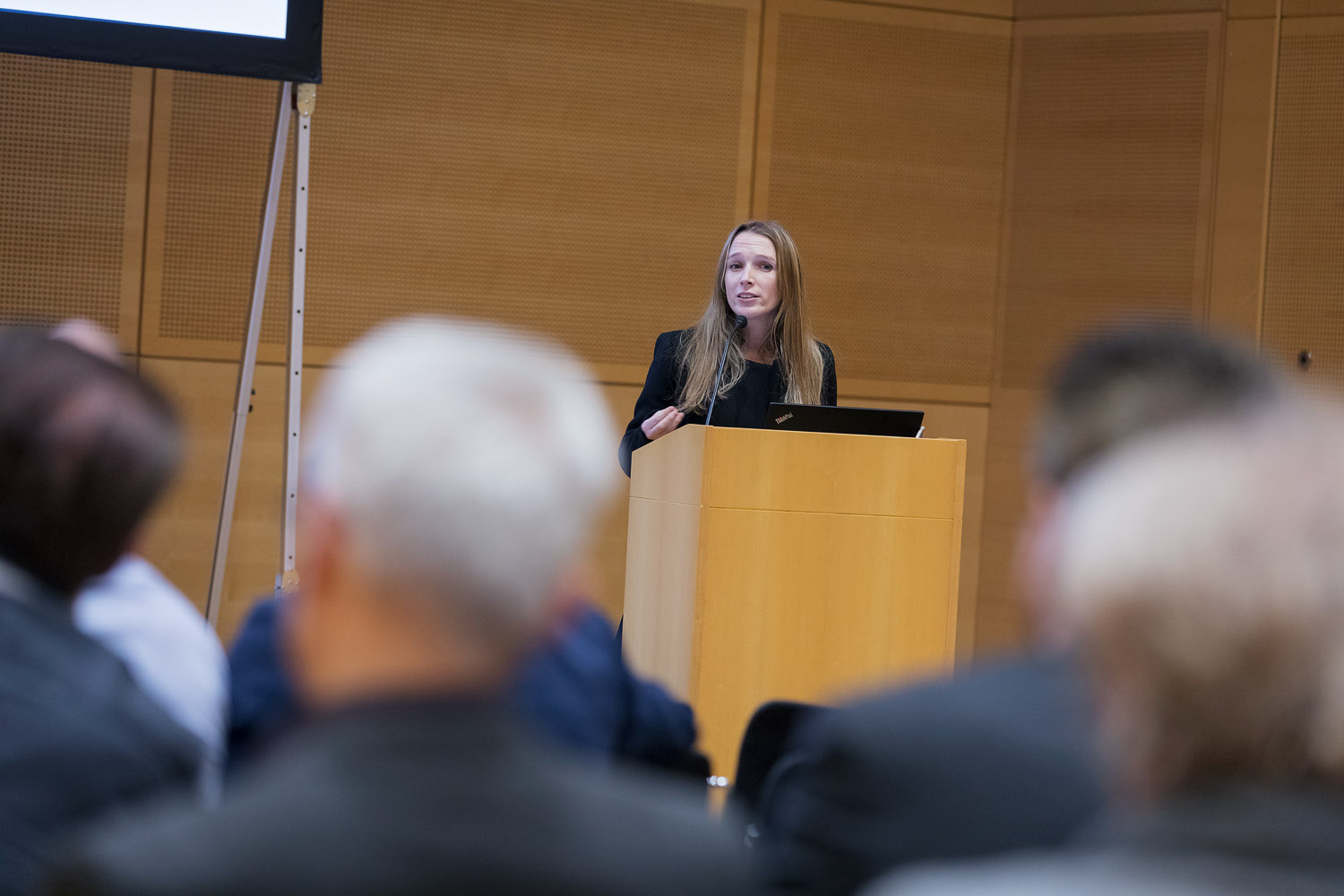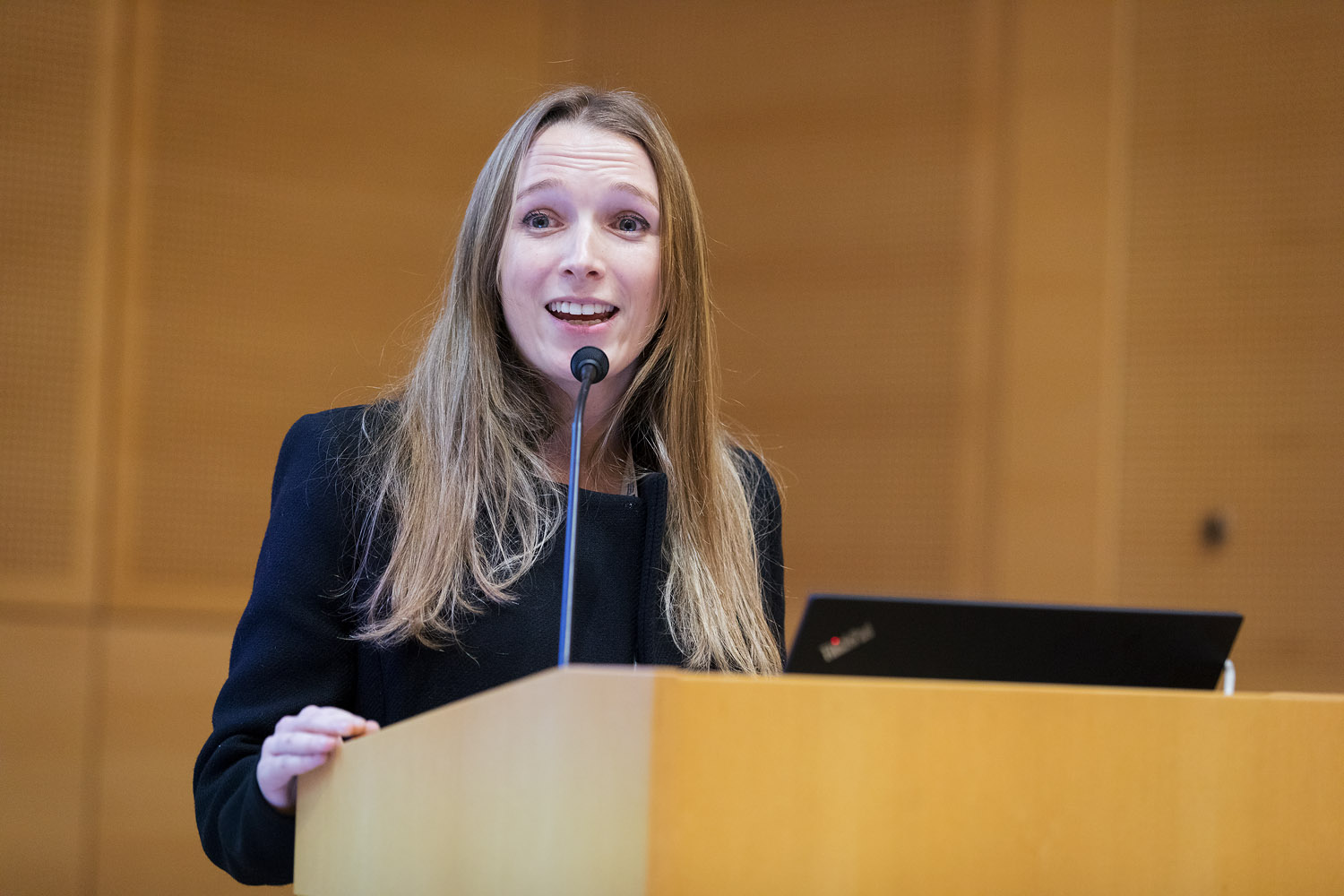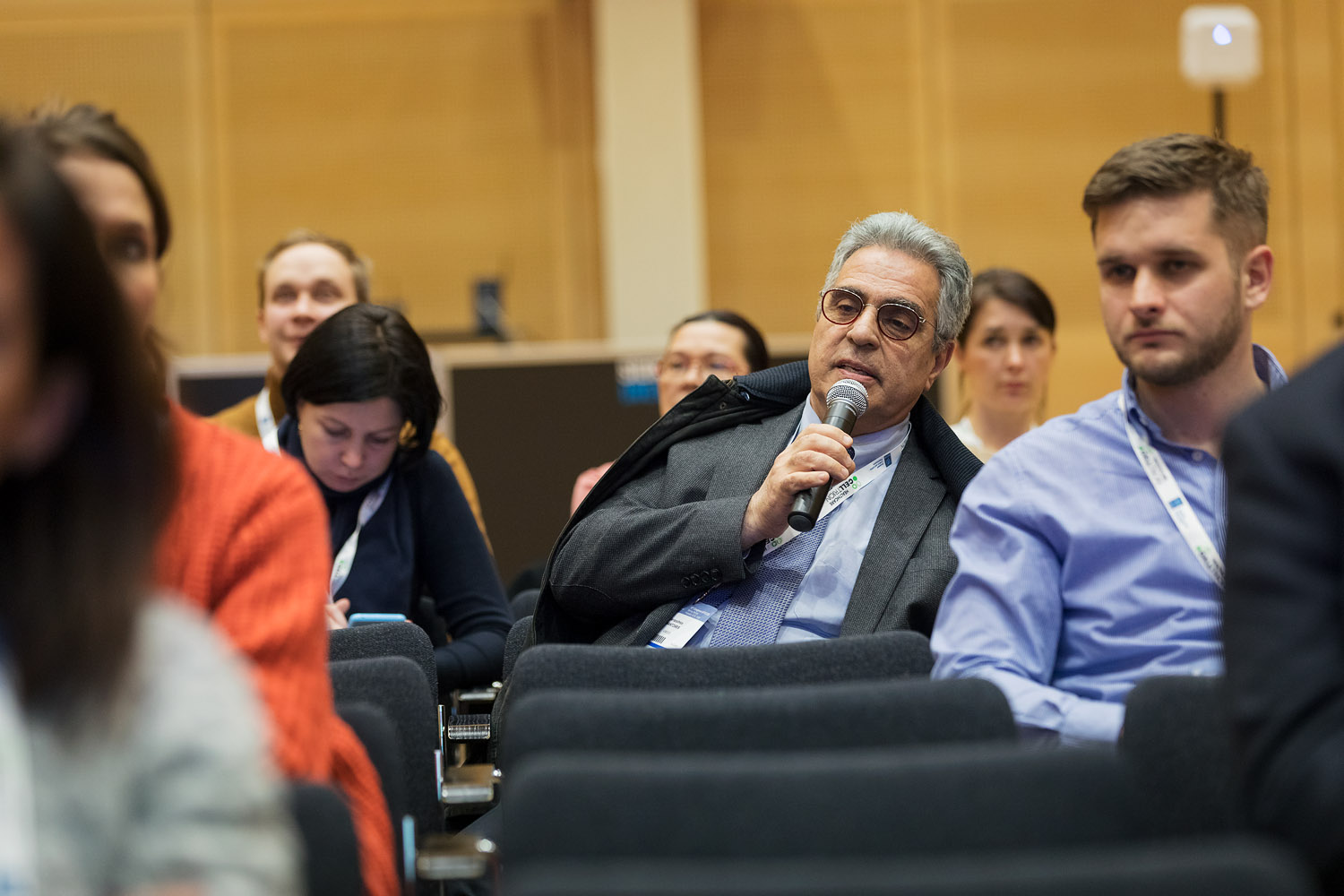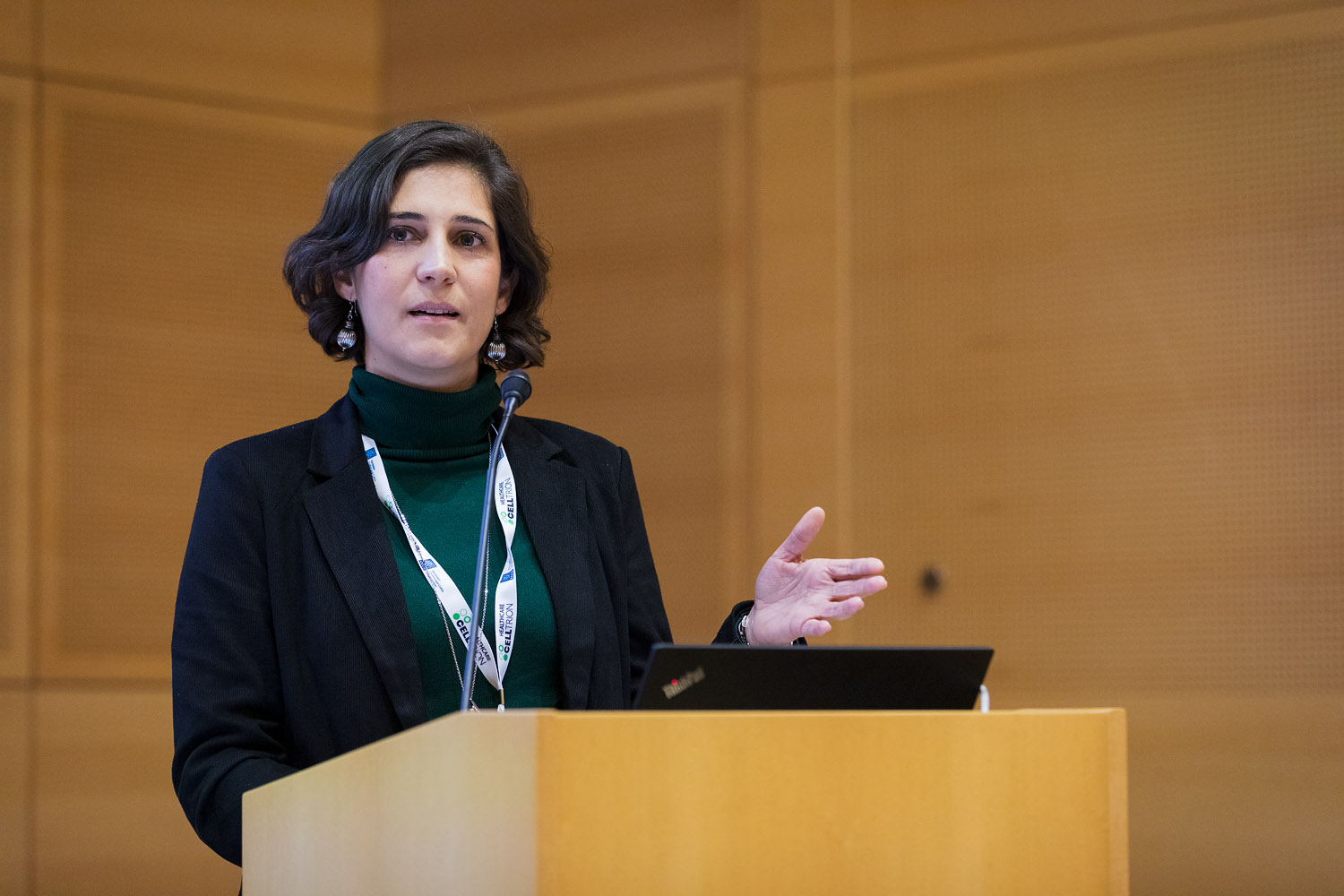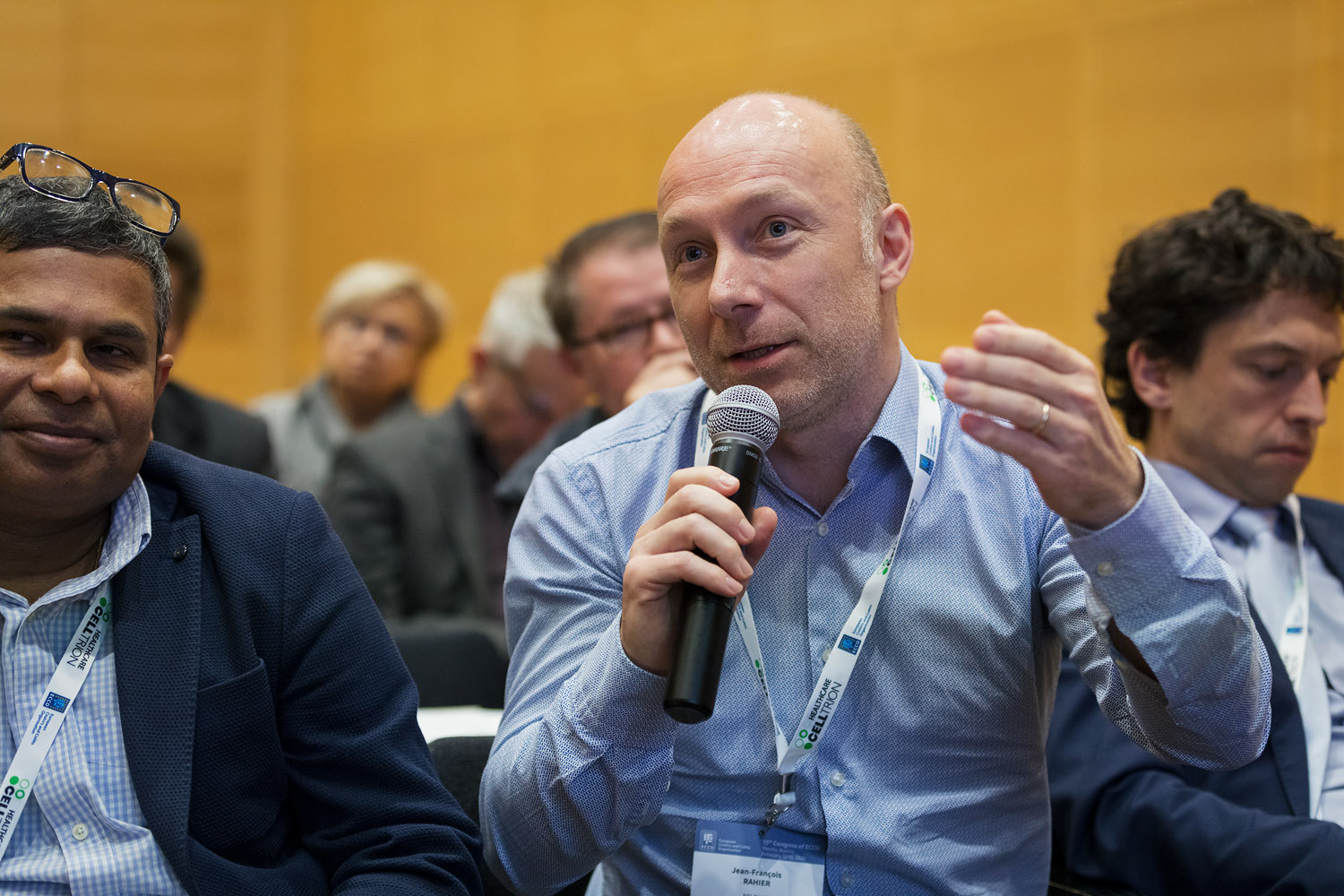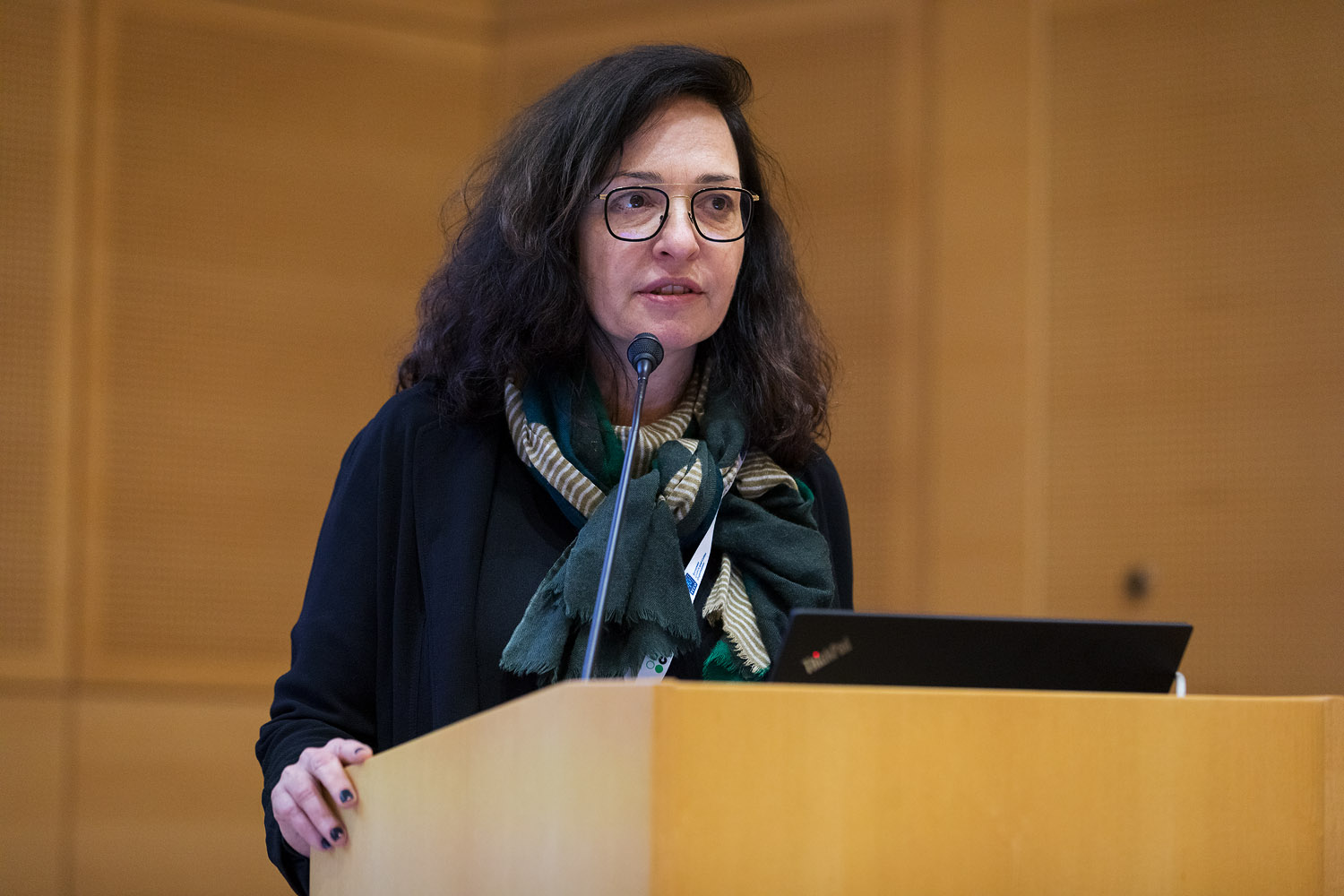National Study Group Interview with Uri Kopylov
Shaji Sebastian, ClinCom Member
Take your study to the next level with the IBD National Study Group Meeting at the ECCO Congress
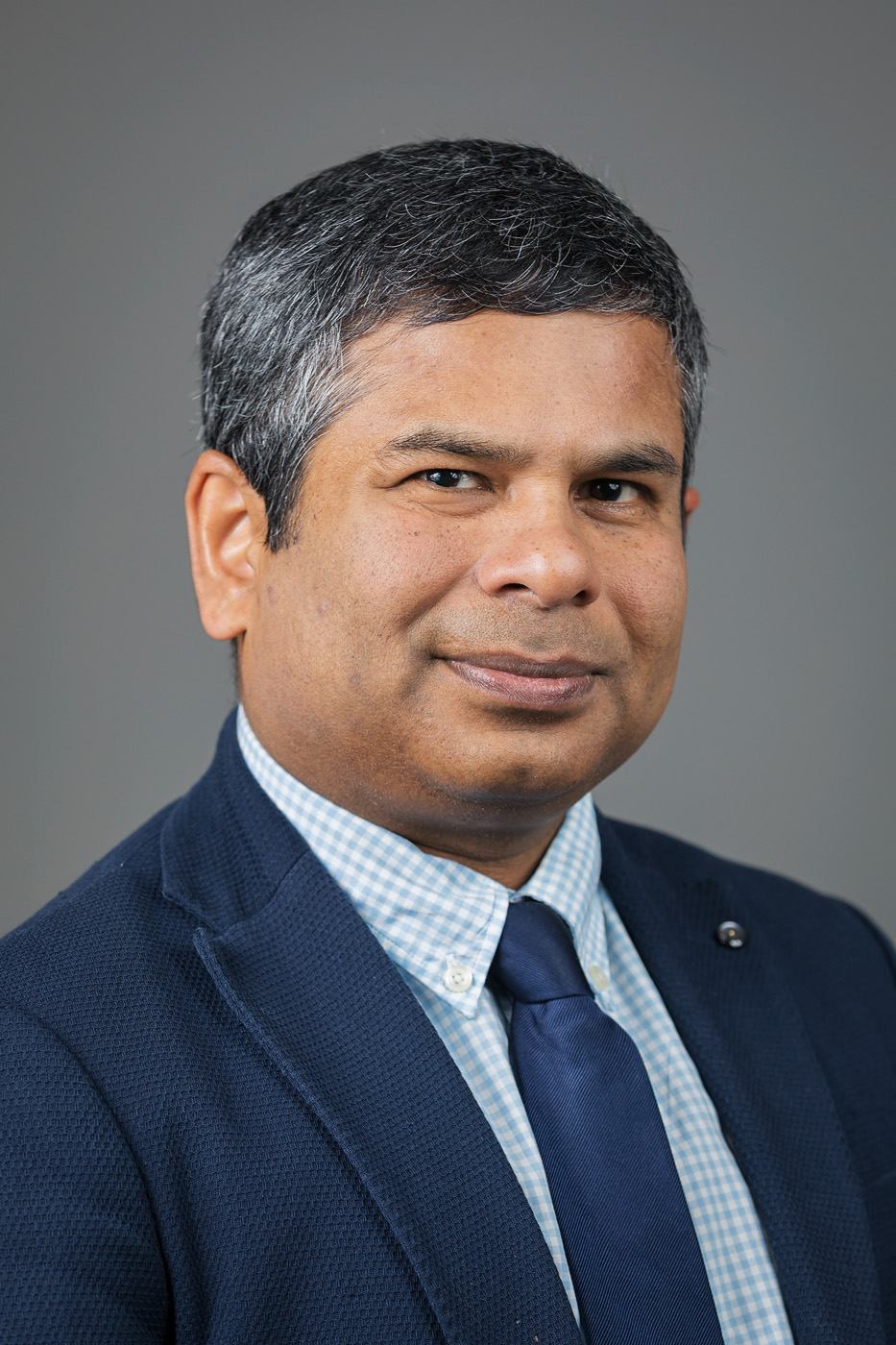 Shaji Sebastian © ECCO |
One of the missions of the Clinical Research Committee of ECCO (ClinCom) is to facilitate innovative clinical research in the area of Inflammatory Bowel Diseases (IBD).
To promote international scientific collaboration among researchers from different European countries, ClinCom established the IBD National Study Group Meeting, which takes place at the annual ECCO Congress. With this great platform, ClinCom enables investigators to have their studies challenged and promoted at the same time. Before the meeting, investigators are invited to provide a study synopsis for their project, including background, design, objectives, outcome parameters, major inclusion and exclusion criteria, statistics and co-variates. Submitted projects are then reviewed by ClinCom and, if found feasible, discussed during the IBD National Study Group Meeting at the ECCO Congress.
After incorporation of the comments from ClinCom and the meeting participants, the investigators are invited to submit a full project protocol, to be reviewed by ClinCom. If approved by the Committee and eventually by the ECCO Governing Board, the study call can be promoted to all ECCO Members.
At the last ECCO Congress in Vienna, representatives of the IBD National Study Groups gathered for the 5th edition of the meeting. Thirty-three participants from 17 countries attended. Four new studies were presented. Since then, two of them have been fully reviewed and approved by ClinCom: A GEDII survey on current practice and perspectives of physicians on thiopurine efficacy and toxicity and the utility of thiopurine methyltransferase activity and metabolite measurement, presented by Paula Sousa, and a study on the efficacy of postoperative prophylaxis with either vedolizumab or ustekinumab, presented by Henit Yanai. A call for participation was sent for both studies.
An invitation to submit proposals for the 6th IBD National Study Group Meeting for the next ECCO Congress will be sent out in due course. Make sure to keep an eye on the ECCO eNewsletter.
One successful project that has already originated from the National Study Group collaboration is the study “Effectiveness of dose escalation of ustekinumab in Crohn’s Disease”. The lead investigator of the study, Uri Kopylov from Sheba Medical Center, Israel, agreed to answer a few questions regarding the project:
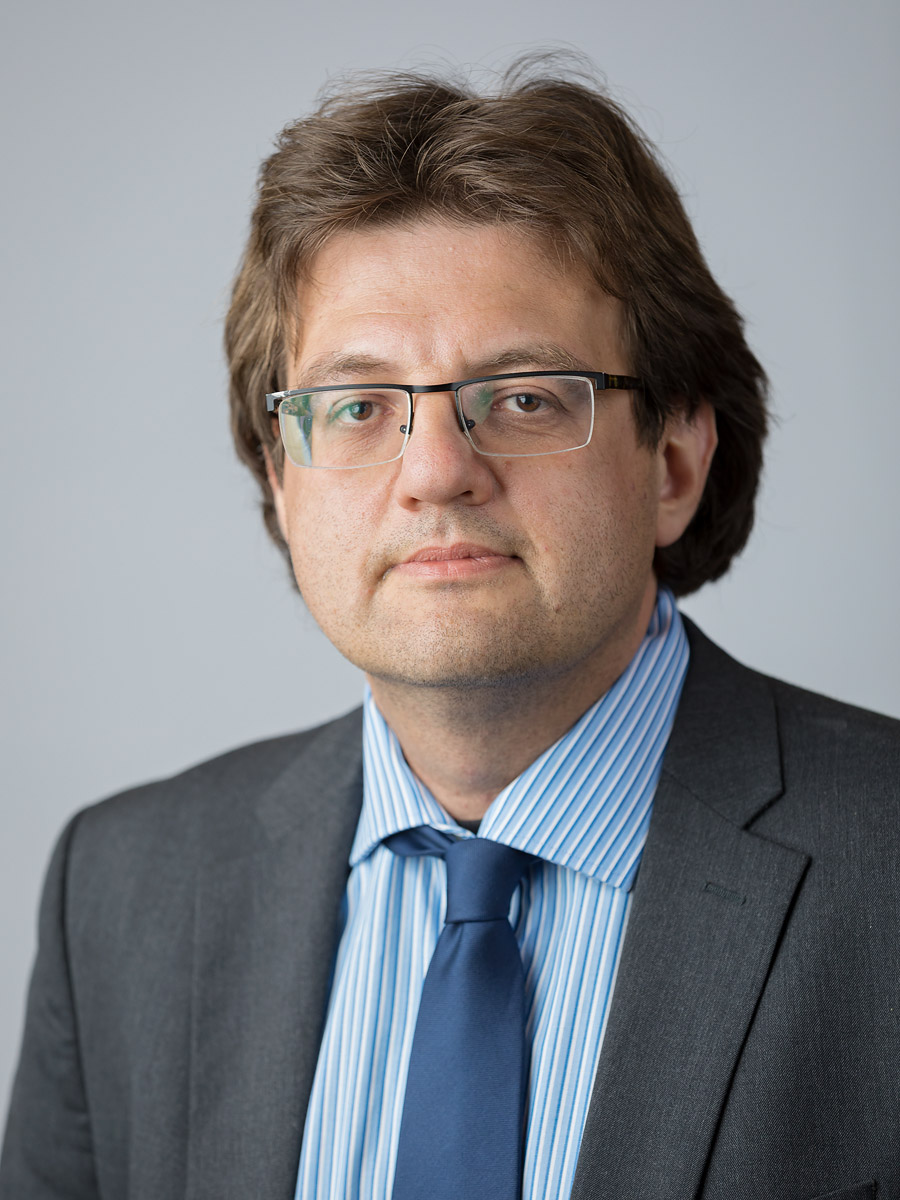 Uri Kopylov Uri Kopylov © ECCO |
Dear Uri, could you please describe the study?
The study was a multicentre international study that aimed to describe the effectiveness and safety of ustekinumab dose escalation in patients with primary or secondary loss of response to ustekinumab. We addressed a common clinical problem as non-response to ustekinumab is frequent (as with all biologics), and the therapeutic strategy in these cases is not established. Moreover, most of these patients have already received and failed multiple lines of treatment and have very limited therapeutic options.
Why was it important to run this study as a multicentre collaboration?
It is important to reach a substantial number of cases in order to be able to draw meaningful conclusions from the data. Unfortunately, the number of suitable patients for the study in each participating centre (or even at the national level in Israel) was rather small, necessitating a larger scale international collaboration.
How did the IBD National Study Group network facilitate the project?
The IBD National Study Group Meeting provided us with an opportunity to discuss our study with both the members of ClinCom and the IBD National Study Group representatives. As a result, we received some important methodological input and were able to significantly improve our original proposal. After the protocol had been discussed and finalised, the call was distributed by the ECCO Office and the National Study Groups, resulting in a wide outreach for potential collaborators (a total of 22 centres from 14 countries). As clear deadlines had been established, we were able to progress efficiently and to finalise the study in less than six months, presenting it as both a digital oral presentation at ECCO 2020 and as a full publication in Alimentary Pharmacology & Therapeutics (AP&T). All the participating centres were granted authorship, including a lead authorship (last author) for the investigator who contributed the largest number of cases (David Drobne, Ljubljana, Slovenia).
5th IBD National Study Group Meeting © ECCO
Pictures are subject to copyright © ECCO
What are the major challenges of running a National Study Group project?
One of the more significant challenges is to verify that the data are reported in a similar, clear and unified form for all centres. It is crucial that a CRF for such a study is simple and clear, and the lead author should make him- or herself available to offer any clarifications. An additional challenge is study promotion and distribution. For this purpose, the National Study Group framework was very useful, as the study call was promoted by both the ECCO Office and the National Study Groups. Finally, there should be a clear incentive to contribute to the study, such as co-authorship in an order determined by magnitude of contribution, including a lead authorship position for the collaborator with the most significant contribution.
How do you think this collaboration could be further improved?
A common database such as UR-CARE will contribute greatly in enhancing the feasibility and effectiveness of such collaborative efforts.
Note: ECCO is happy to facilitate the IBD National Study Group Meeting at the ECCO Congress to enhance international collaboration among European IBD National Study Groups. The main contribution of ClinCom to these projects is scientific review and dissemination. ECCO does not provide financial or logistical support to these studies. Review of project protocols by ClinCom does not represent an ECCO endorsement for the projects.
